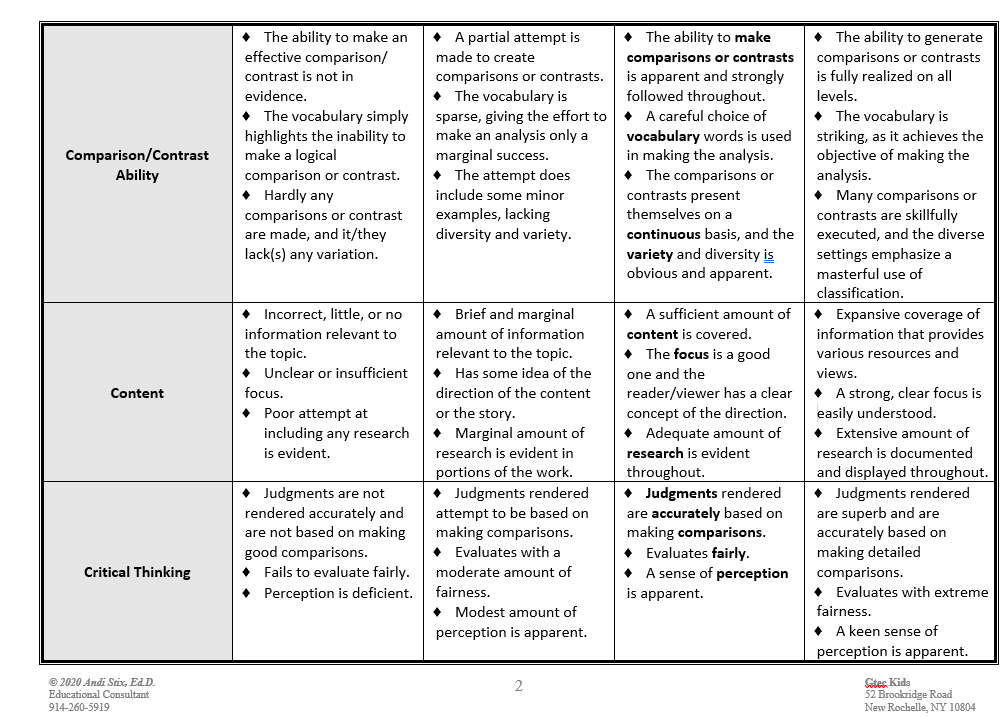Kinds of Writing
Do you want to spicen up the kinds of writing that you assign to your class? Do you want to give your students a list of choices from which they can choose? Here’s a fabulous list to get your juices flowing:A ads (for magazines, newspapers, yellow pages) advice columns allegories anecdotes announcements answers anthems appendices apologies assumptions autobiographies awardsB ballads beauty tips bedtime stories beginnings billboards bloopers blurbs books book jackets book reviews broadsheets brochures bulletins bumper stickersC calendar...
Read More











